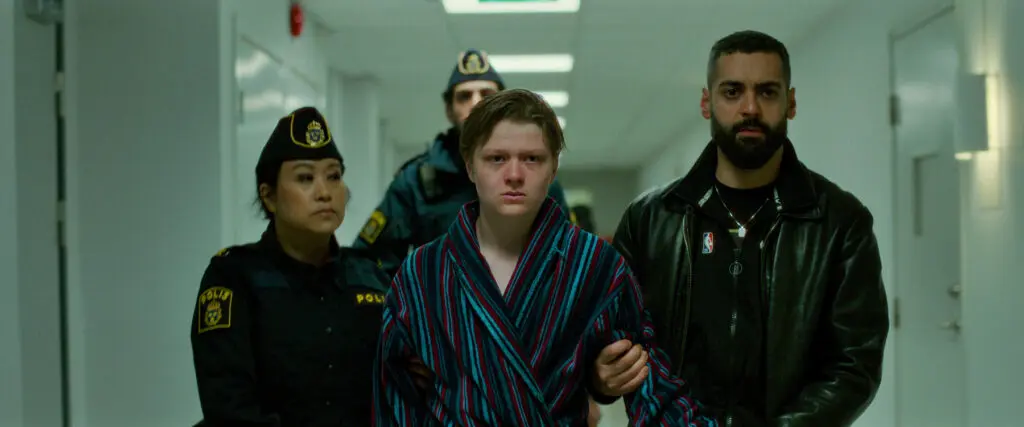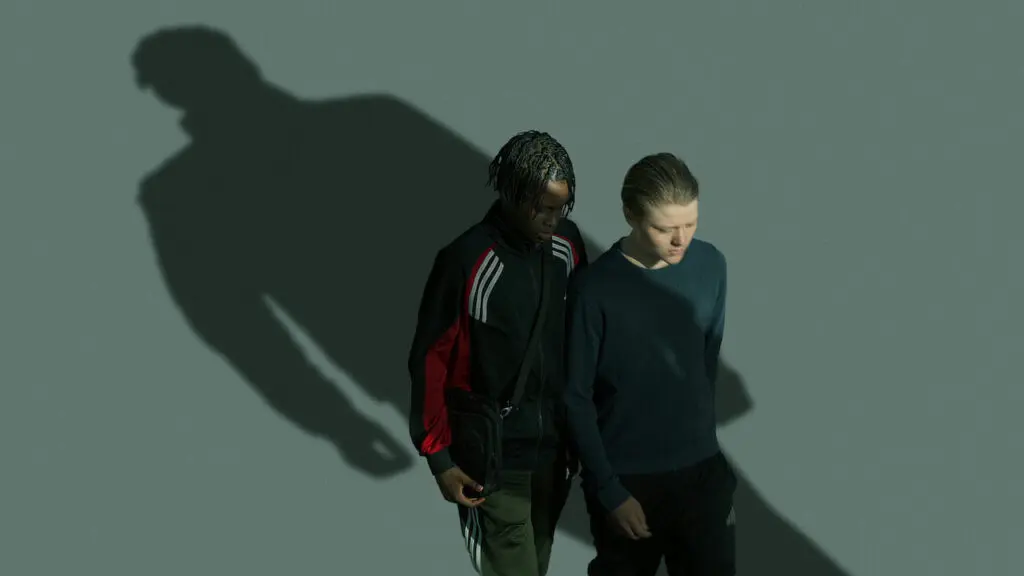Summary
Deliver Me has an important message, but its execution is a bit too unrelentingly bleak and overly familiar to find a mainstream audience.
Children, like animals, are an easy way to manipulate an audience. We’ve all seen hundreds of shows about crime and drugs, and rarely do we empathize with the characters. They often deserve whatever fate is waiting for them. But get a kid involved and that’s when things change, which is exactly what Netflix’s Deliver Me is intending.
The Swedish equivalent of something like Blue Story, the tale of best-friends-turned-enemies is as old as time. Billy and Dogge are mates, teenagers with their whole lives ahead of them. But on a snowy day, one shoots the other dead. This is where the first of the five episodes starts. The rest of the runtime is about unpacking how these tragic circumstances came to be.
Those circumstances aren’t new either – lack of love, lack of attention, lack of money; peer pressure, hormones, addictions, circumstances. But it never gets any easier to have these circumstances relayed to you through the cherubic faces of kids.
The nonlinear structure of Deliver Me is probably its greatest asset, working both to build drama and develop context. A warning, though; it’s bleak. Relentlessly bleak, in fact, and that unrelenting morbidity can get a bit wearing, especially when, as a parent, it’s easy to imagine how your own kids, so naïve and idealistic, can fall into similar traps and for similar influences.

Deliver Me | Image via Netflix
Connecting on that level helps the series feel grounded. But it also leaves it feeling a bit overly familiar and, dare I say it, at times mundane. On some level, this is likely the point, since the themes are intended to reflect reality in a way that defies classification as mere “entertainment”. You’re not supposed to be entertained here, not really, but instead made to think and feel, for better and – more often than not with Deliver Me – for worse.
Olle Strand and Yasir Hassan are actors only in the sense that they’ve starred in this production. IMDb lists no other credits for either of them; they’re the closest thing to kids plucked off these very Swedish streets as it’s possible to get. This, too, adds a naturalism and authenticity to proceedings that is vital to the overall effect.
There are other actors in supporting roles who are all good, obviously, but these two are the focus. It’s only Beri Gerwise, late of Young Royals, who gives away this is a scripted drama, and even then only through recognisability.
And yet it still feels like there’s something missing. Deliver Me lacks some of the formal flourishes of the aforementioned Blue Story, which used unique framing and storytelling gimmicks, themselves steeped in the culture being depicted, to create the sense of something more than just a drama. Deliver Me is an often very good drama, but it is, fundamentally, just a drama all the same.
And mileage may vary. I’m not one for content warnings generally, but it isn’t so much this show’s content as its dreary tone that can become legitimately taxing. Its importance and general underlying level of craft can’t be quibbled with, but when so many people pay an increasing streaming subscription for laidback entertainment, to what extent will they be put off by the wearing seriousness of a show like this?
Nevertheless, it’d be remiss of me not to give a recommendation here. Deliver Me is vital viewing in many ways, and an impressively real-feeling account of young lives in turmoil. Just be prepared to endure rather than strictly enjoy.
RELATED:




